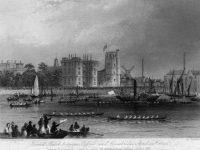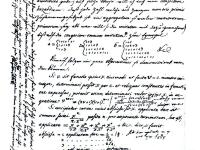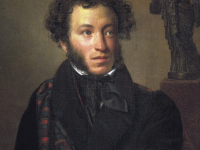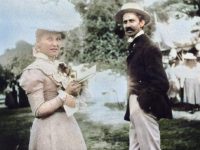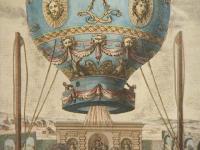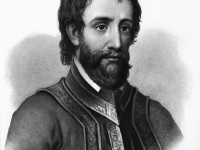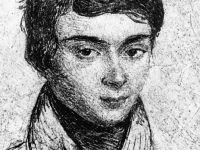The Legendary Annual Boat Race of Oxford and Cambridge
On June 10th 1829 the very first of now legendary annual boat races of Oxford and Cambridge on the river Thames took place. The race came about because two friends from Harrow School, Charles Wordsworth (nephew of the poet William Wordsworth and later bishop of St Andrews), of Christ Church College, Oxford, and Charles Merrivale of St. John’s, Cambridge, met during the vacation in Cambridge, where Wordsworth’s father was master of Trinity.[1] Wordsworth went…
Read more











